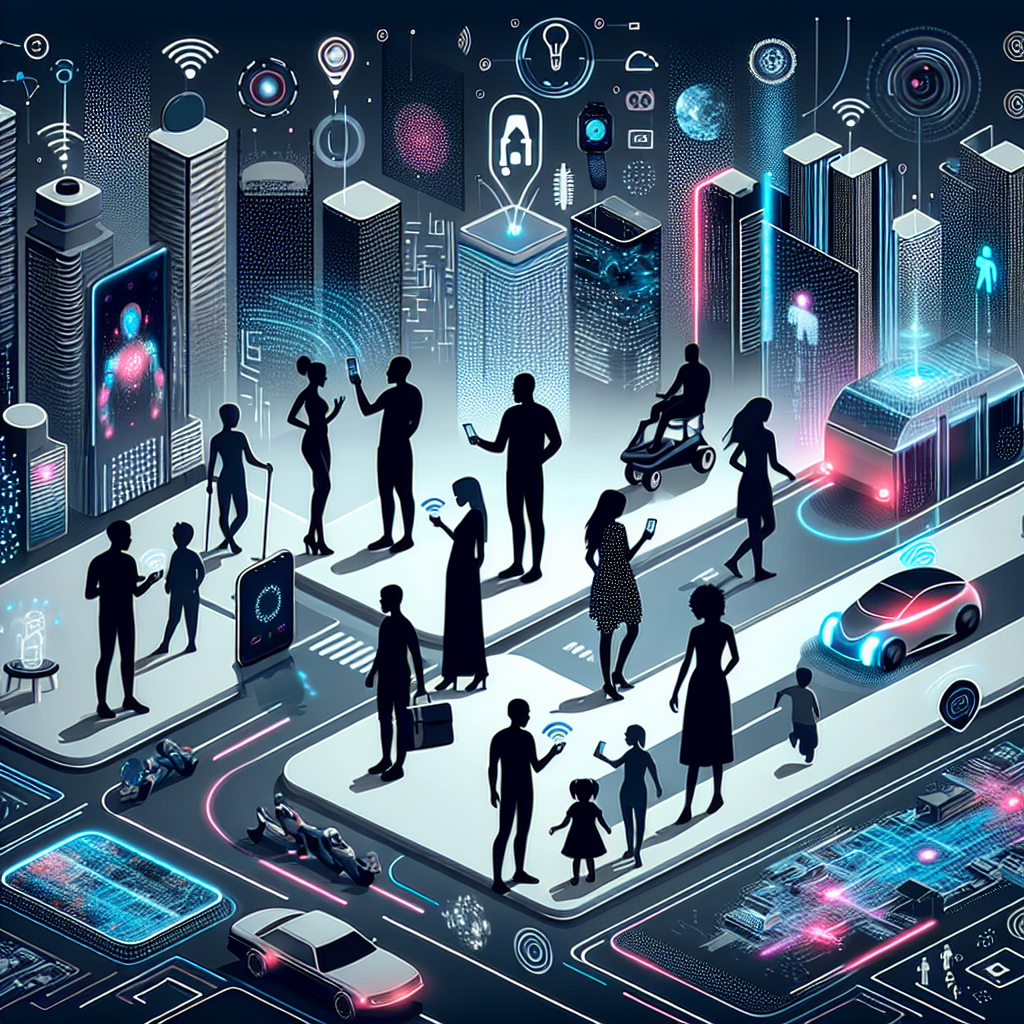Understanding the AI Boom
The AI boom refers to the rapid expansion and integration of artificial intelligence technologies in various sectors, significantly affecting everyday consumers. This technological revolution is transforming how we shop, manage finances, and even interact with devices at home.
How the AI Boom Enhances Daily Life
One of the most visible impacts of the AI boom is in consumer electronics. Smartphones and home devices have become more intuitive, offering personalized recommendations and assistance. According to a report by Gartner, nearly 70% of routine tasks are expected to be automated by 2025, underscoring the growing reliance on AI in everyday gadgets (Gartner).
Shopping has also transformed with AI. Online retailers use AI to analyze shopping behaviors, optimizing their inventories and suggesting products tailored to individual preferences. This not only streamlines the shopping experience but also enhances customer satisfaction by making relevant recommendations.
AI in Personal Finance
AI is revolutionizing personal finance by powering tools that assist with budgeting, investing, and saving decisions. Financial institutions employ AI to provide personalized advice and automate tasks like fraud detection. For instance, apps like Mint and Zogo use AI to help users manage their finances more effectively, making financial advice accessible to a broader audience (Mint, Zogo).
Moreover, AI-driven platforms are making investing more accessible. Robo-advisors, such as Betterment and Wealthfront, use algorithms to create personalized investment strategies based on the user’s risk tolerance and financial goals, democratizing access to investment management services (Betterment).
Privacy Concerns and Ethical Implications
While the benefits of the AI boom are significant, they come with privacy concerns and ethical implications. The increase in data collection and processing has raised issues regarding data security and the potential for misuse. Regulatory bodies and organizations are thus prompted to establish stricter data protection laws to safeguard consumer information.
Furthermore, there is an ongoing debate about the impact of AI on employment, with fears that automation may lead to job displacement in certain industries. It’s essential for policies to address these concerns by promoting AI ethics and supporting workforce transitions.
In conclusion, the AI boom offers considerable advantages by making everyday tasks more manageable and personalized but also poses challenges that need careful management. As AI continues to evolve, staying informed and engaged with these developments will be crucial for consumers.


